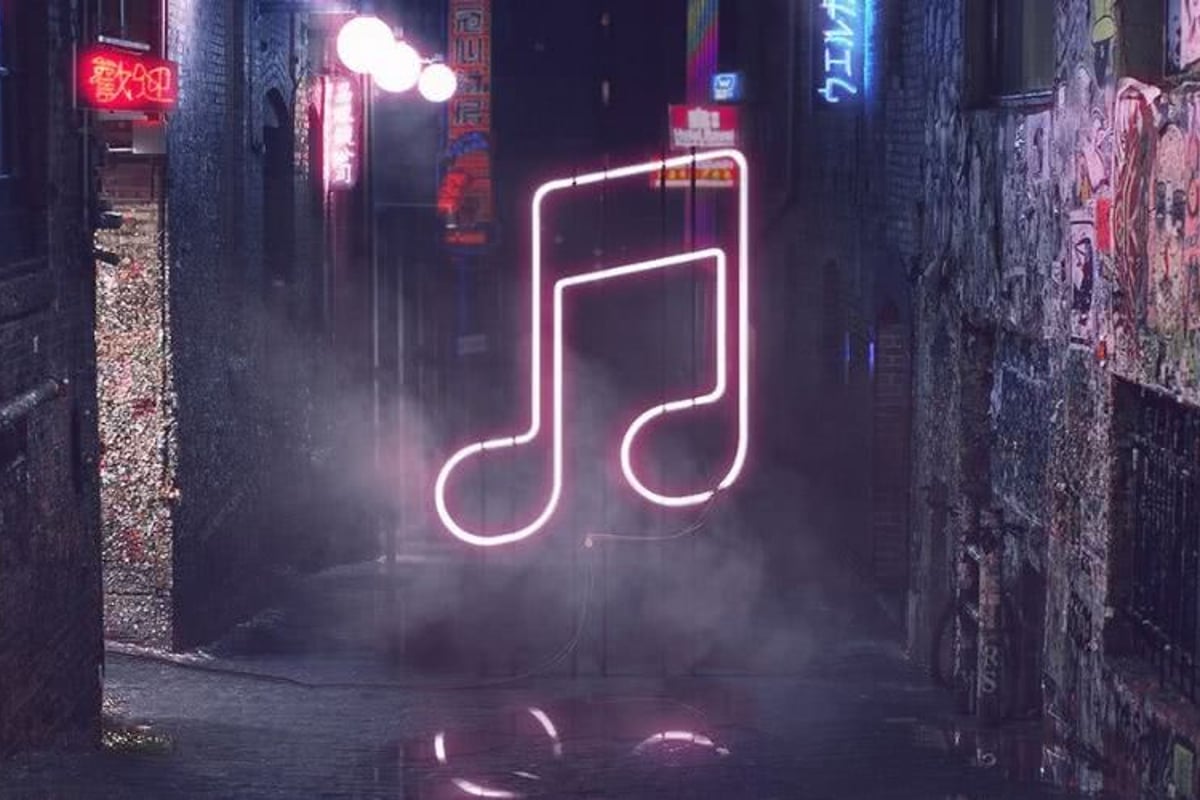Apple Music positions itself as artists’ best friend, says it pays a penny per stream

Apple Music is distancing itself from Spotify and the skinny cuts paid out by its streaming competitors, and, at the same time, bigging itself up as the go-to streaming platform for recording artists.
In a rare reach-out to the wider world, Apple disclosed details on its royalty rates and the scale of the artist community which taps into its distributions pie.
While royalties from streaming services are calculated on a stream share basis, the update explains, plays on Apple Music averaged $0.01 for individual paid plans in 2020, including label and publisher royalties.
For some perspective, Apple Music paid out royalties for more than 5 million recording artists around the world in 2020, the tech giant claims, a figure that grew by more than 1 million compared with 2019.

Apple Music
Apple insists the company pays the same 52% headline rate to all labels, regardless of whether they’re majors or indies, and forks out the same headline rate for all compositions.
“While other services pay some independent labels a substantially lower rate than they pay major labels, we pay the same headline rate to all labels,” the statement reads.
“This means artists can distribute music however they like, knowing Apple Music will pay the same rate. Sign with a label or stay independent; we believe in the value of all music.”
The long tail exists in its ecosystem, the company claims. In one of the enlightening details of its update, the number of recording artists whose catalogues generated recording and publishing royalties over $1 million per year — that is, artists getting rich from Apple Music — is said to have increased over 120% since 2017.
Meanwhile, while the number of recording artists whose catalogues generated over $50,000 per year — those artists making a decent living — has more than doubled.
Impressive growth, though Apple doesn’t reveal just how many artists are making this kind of dough.
The Apple update is said to be part of a new series of newsletters from a company that’s historically media-shy and doesn’t open its books for scrutiny.
Apple has been called out before. When the streamer launched in 2015, Taylor Swift took the business to task because it didn’t plan to pay artist royalties for music streamed during its free, three-month trial period.
The company listened, and swiftly changed its tune.

It remains to be seen how often those Apple updates will drop, and to what depths they will plumb, though the timing and content of the first is clearly strategic.
Right now, the artist community is rallying against the streaming model. And politicians in some territories are on board.
In January, more than 150 pieces of written evidence were submitted to the “economics of music streaming inquiry,” published as part of a landmark U.K. study into “the sustainability of the wider music industry” that explored Spotify, Apple Music, Amazon Music, Google Play and others.
As the record business rebuilds off the coattails of streaming, artists want a fair cut.
Earlier this year , the U.S.-based Union of Musicians and Allied Workers orchestrated a worldwide demonstration on the doorsteps of Spotify offices.
Among its demands, the Union called for a “penny per stream” royalty rate and greater transparency from Spotify.
Apple directly addresses both those issues in its own statement.
Global recorded music revenues lifted 7.4% in 2020 to US$21.6 billion, according to the IFPI’s latest Global Music Report. It’s all thanks to streaming, which posted year-on-year growth of nearly 20% to US$13.4 billion and now represents almost two-thirds of total global revenues.
In Australia, streaming platforms powered the record industry to $542 million in 2020, for the sixth successive year of growth.
This article originally appeared on The Industry Observer, which is now part of The Music Network.






























